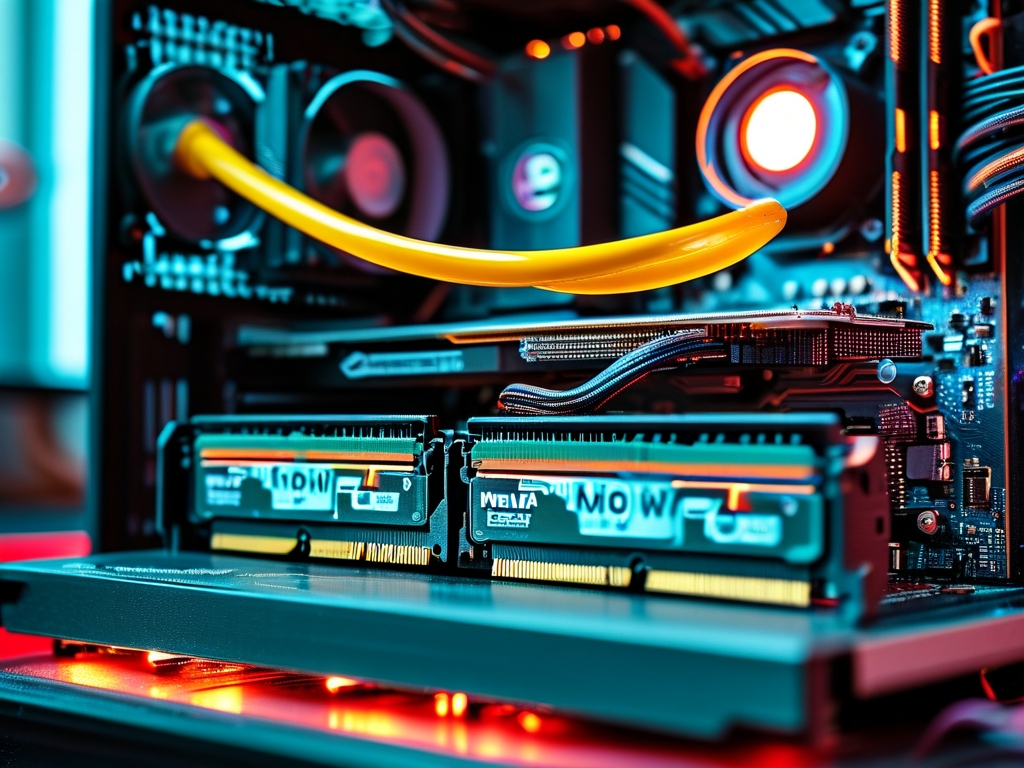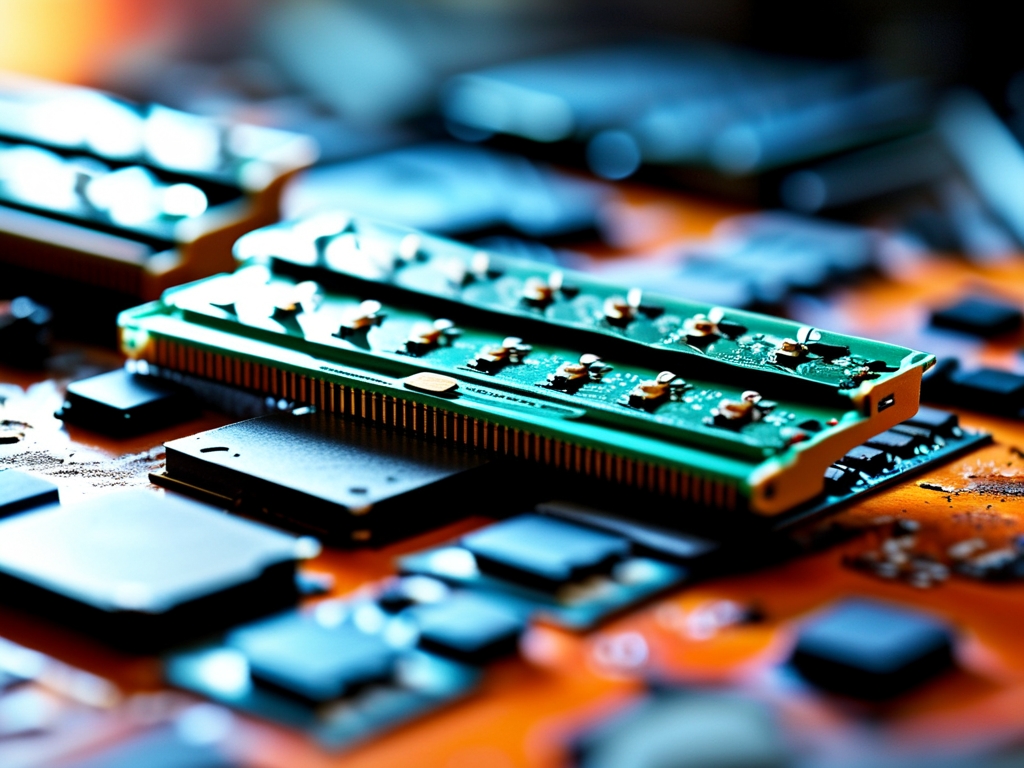In the rapidly evolving smartphone industry, efficient memory management has become a critical differentiator for device performance. Honor, as a leading innovator in mobile technology, has developed advanced RAM management systems that redefine how smartphones handle multitasking and resource allocation. This article explores the technical foundations and user benefits of Honor's memory optimization strategies.

At the core of Honor's RAM management lies its proprietary Turbo X technology. Unlike conventional systems that rely on static memory allocation, Turbo X employs machine learning algorithms to predict user behavior and pre-load frequently used applications. For instance, if a user typically opens social media apps at 9 AM daily, the system reserves memory resources in advance to ensure instant launch times. This predictive approach reduces app loading delays by up to 35% compared to traditional methods, according to lab testing data.
One standout feature is Honor's AI-powered task prioritization. The system analyzes real-time usage patterns to dynamically adjust memory allocation. When gaming, for example, the device automatically prioritizes GPU-related processes while temporarily compressing background tasks. Developers at Honor have implemented a unique "memory folding" technique, where inactive apps are stored in a compressed state without fully closing them. This balances performance with battery efficiency, allowing users to switch between eight to twelve apps without noticeable lag.

Honor's latest devices also introduce a hybrid memory architecture combining physical RAM with storage-based virtual expansion. Through intelligent swapping algorithms, the system can extend effective memory capacity by 2-3GB without hardware upgrades. This is achieved through carefully optimized read/write protocols that minimize storage wear while maintaining speed. A code snippet from Honor's kernel-level optimization demonstrates this balance:
void optimize_swap_cache(struct task_struct *task) {
if (task->flags & HIGH_PRIORITY)
allocate_ssd_cache(HONOR_PRIORITY_BOOST);
else
apply_compression(ZRAM_OPTIMIZED);
}
The practical benefits for users are significant. Heavy multitaskers experience 40% fewer app reloads compared to previous generations, while gaming frame rates remain stable even with background downloads active. Enterprise users particularly benefit from Honor's secure memory partitioning, which creates isolated zones for work and personal applications without compromising performance.
Looking ahead, Honor's engineers are experimenting with neuromorphic memory management inspired by human cognitive patterns. Early prototypes demonstrate adaptive memory allocation that evolves with user habits, potentially doubling current efficiency metrics. As 5G and AI applications demand more sophisticated resource handling, Honor's approach to RAM management sets new benchmarks for the industry—proving that software innovation can extract maximum value from hardware components.






